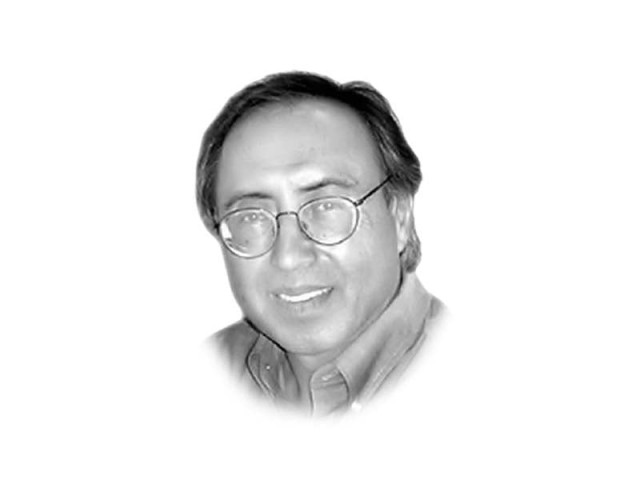Elections are the way out
There are a number of fallacies touted as democratic reasoning against early elections that need to be dispelled

The writer is a professor of political science at LUMS, Lahore. His recent book is Imagining Pakistan: Modernism, State and the Politics of Islamic Revival (Lexington Books, 2017)
What evidence one has about the misuse of power by the powerful political clans that are we often gentrified as political parties, rule by dynastic leaders acting like ‘mafia’ bosses? This question repeated by the apologist of the two major ruling parties, the PPP and the PML-N, begs a lot more questions and some honest self-questioning. Just a couple would suffice. Why would an honest political family need offshore companies and that too in Panama? Which documented income one can show for the purchase of Surrey Palace — first denied on the floor of the ‘sovereign’ parliament, and then claimed as family property and sold out? It is not just the two political dynasties but hundreds of them in Pakistan that have used ‘democracy’ as a convenient tool to legitimise their social power and use it for personal aggrandisement. When such plunder is taking place every moment, people have a right to question the legitimacy of such elected democratic leaders and parties that are involved in corruption. Doing so is itself the true spirit of democracy and an essence of civic culture without which electoral democracy cannot gain any substance.
The second fallacy is that there must be consensus among the political parties to hold snap elections. In a parliamentary form of government, the majority party has the sole power, responsibility and privilege to call for fresh elections. Parties in power have called for new election years before they were due when they felt would return to power with stronger and broader mandate. One can understand why the PML-N government would not make such a call for elections even a few months before the expiry of its tenure. The uncertainty of outcome prevents it and some other parties resisting such a call, fearing they would lose out.
There is a general atmosphere of uncertainty, disorder on the margins and creeping economic collapse. There are glaring signs of political instability — disqualification of a sitting prime minister, open confrontation narrative of the ruling party, disarray in its ranks over several critical issues, including the strategy of attacking the independence of judiciary and innuendoes about the hidden role of the armed forces behind disqualification. The prime minister handpicked by Nawaz Sharif doesn’t have a political base within the party or outside it. Simply being ‘his master’s voice’ makes him weak, vulnerable to party intrigue and unable to deal with the critical issue of security, economy and social order. He is being seen, and rightly so, as a protégé or an apologist in the name of party loyalty and caught in the middle of divisions within the PML-N.
The system as it operates seems to have reached its natural end. There is a sense of confusion amid the gathering storm. Only elections would put an end to the prevailing uncertainty.
Published in The Express Tribune, October 18th, 2017.
Like Opinion & Editorial on Facebook, follow @ETOpEd on Twitter to receive all updates on all our daily pieces.
















COMMENTS
Comments are moderated and generally will be posted if they are on-topic and not abusive.
For more information, please see our Comments FAQ